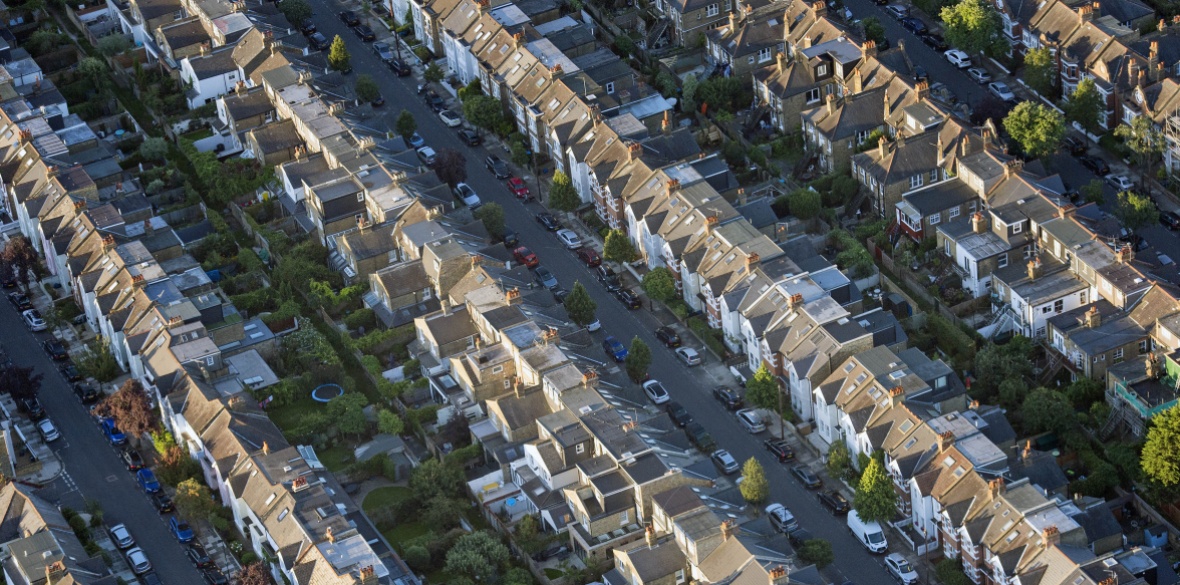THE furlough scheme, which Chancellor Rishi Sunak extended today, is designed to buttress the purchasing power of a labour force compelled to stay at home while the coronavirus is contained sufficiently for normal production to resume.
This first tranche might cost £40 billion; not so much for the world’s fifth-largest economy but still a fair-sized wedge.
It’s reach is limited, the range of workers covered patchy, and big sections of the labour force in the gig economy, the self-employed and many freelance workers have their incomes poorly protected.
A large proportion of people live in rented accommodation. Thus landlords are among the biggest beneficiaries of the furlough scheme, because a disproportionate amount of the average pay packet goes directly to perhaps a couple of million private landlords.
The absolute number of private landlords has risen substantially over recent years in a process tied to Britain’s shift to a highly financialised economy.
Buy-to-rent mortgages have offered those with a cash surplus the possibility of securing an asset that might reasonably be expected to rise in capital value while providing them with an unearned income.
Up until 2017 landlords could offset the total cost of their mortgage interest against tax. Since then it has tapered off somewhat.
Of course, in a perverse way, the furlough scheme puts a proportion of the working class in a position analogous to that of the landlord. For a few months and in a limited way they accumulate a proportion of their income without working.
The difference is that for the furloughed worker this will end at Rishi Sunak’s disposition while for the private landlord, little or big, it will continue in perpetuity.
Or at least until a socialist system consigns the private ownership of land and the unavoidably exploitative relations that arise on that basis to history.
This gives the leadership of the Labour opposition in parliament both a political opportunity and a moral choice.
Whose interests should be in the foreground of Labour’s proposals to meet the burden that falls unequally on renters and their landlords in the interim while the lockdown distorts the normal operation of the rental market?
And when it ends and landlords will, as is natural in a capitalist society, seek to recover as quickly as possible any rents that have been deferred, what then should Labour’s policy be?
You might think that this decision would be guided by political self-interest. Where do Labour’s potential voters sit in the housing market? Among the two million private landlords, of whom perhaps one in 10 own multiple properties and the rest possible one property? Or among the many more millions who pay an impossibly high proportion of their wages in rent?
Labour has proposed some useful measures: extending the temporary ban on evictions; giving residential tenants the same rights as commercial tenants in protecting them from forced bankruptcy by their landlords; outlawing evictions for arrears if caused by the coronavirus crisis; scrapping Section 21 “no-fault” evictions; and speeding up universal credit provision and considering a temporary increase in the local housing allowance to prevent homelessness.
But on the critical issue, Labour proposes that renters be given two years to pay back arrears. This is a financial time bomb for millions and shifts the entire burden of landlords’ “losses” on renters.
Even if we want private landlordism ended, no-one wants to see landlords starve. So why not cancel arrears and measure their total income over the coronavirus period and make them eligible for whatever income supplement they might be entitled to under the normal social security provisions?
That would put them in the same position as their tenants.










